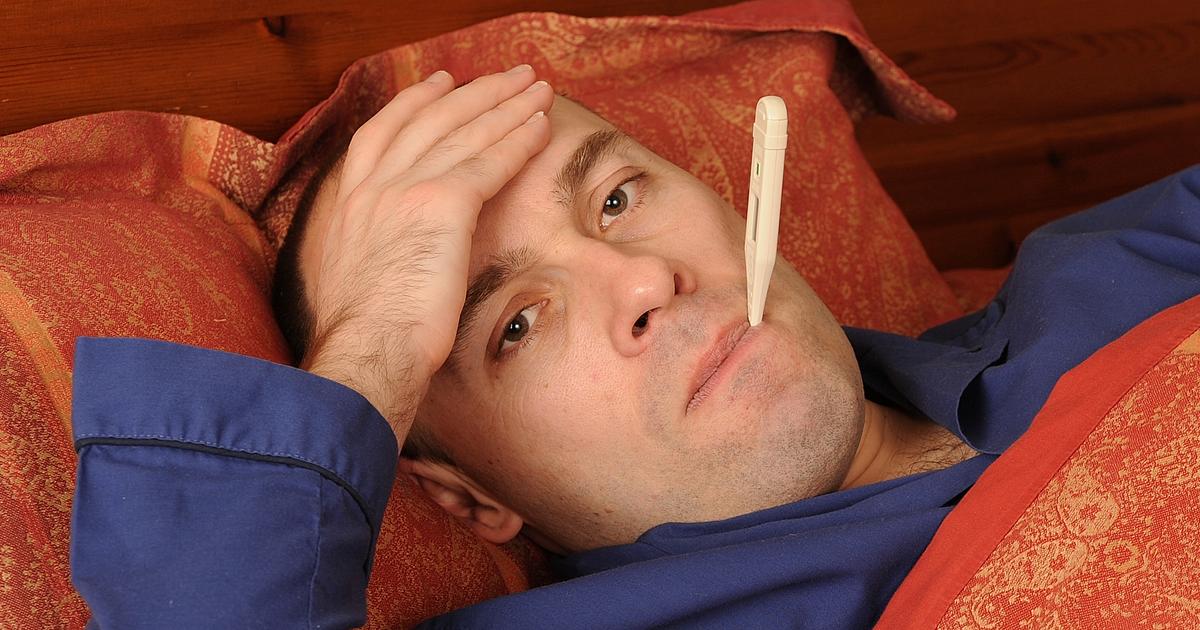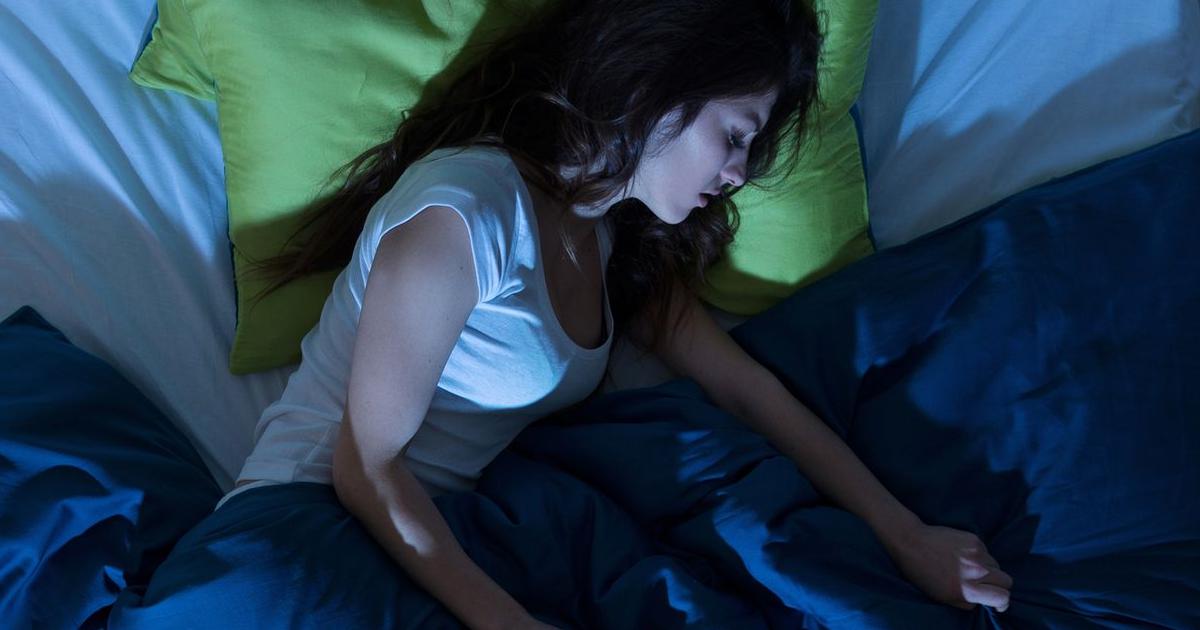Warning Signs Of Swollen Lymph Nodes
Fever

A fever is an abnormally high body temperature, and it can develop in response to an infection or another underlying illness. Normal body temperature is 98.6 degrees Fahrenheit. In adults, a low-grade fever is considered to be between 98.7 and 100.4 degrees Fahrenheit, and temperatures above this are considered high. Patients who have a fever should monitor their temperature at least a few times a day, and oral or forehead thermometers will both produce reliable readings. To treat a fever, individuals might want to use over-the-counter fever reducers, and it can be beneficial to apply a damp cloth to the forehead. Some patients find tepid sponging to be soothing, and switching on a fan could help as well. Doctors recommend that individuals with a fever try to drink a larger volume of fluids than they normally would. Adults with a fever of 103 degrees Fahrenheit or higher should make a doctor's appointment. Additionally, patients should go to an urgent care center or the emergency room if the fever occurs in conjunction with swollen lymph nodes, disorientation, continuous vomiting, chest pain, breathing issues, or a rash.
Read more about warning signs associated with swollen lymph nodes now.
Night Sweats

Patients with swollen lymph nodes may sometimes experience night sweats, which usually involve very heavy sweating that may soak through sleepwear or sheets, and they tend to occur repeatedly over several nights. While night sweats on their own can be associated with hormonal changes such as menopause, night sweats that occur in conjunction with a fever or swollen lymph nodes could be a sign of a more serious underlying medical condition. For example, night sweats and swollen lymph nodes are both associated with leukemia, non-Hodgkin's lymphoma, Hodgkin's lymphoma, lupus, and other autoimmune conditions and cancers. Patients who have night sweats should see a doctor for an evaluation, and they should mention any other symptoms such as fever or swollen lymph nodes. The doctor will ask the patient questions about their medical history, and a physical examination will be performed. They will palpate the patient's lymph nodes to check for swelling, and measure the patient's temperature. Blood tests may be ordered to check for infection, and ultrasounds and other imaging studies might be recommended to assist with the diagnosis. Patients may wish to keep a log of the dates and times they have experienced night sweats to help the doctor with a thorough health history.
Uncover additional warning signs of swollen lymph nodes now.
